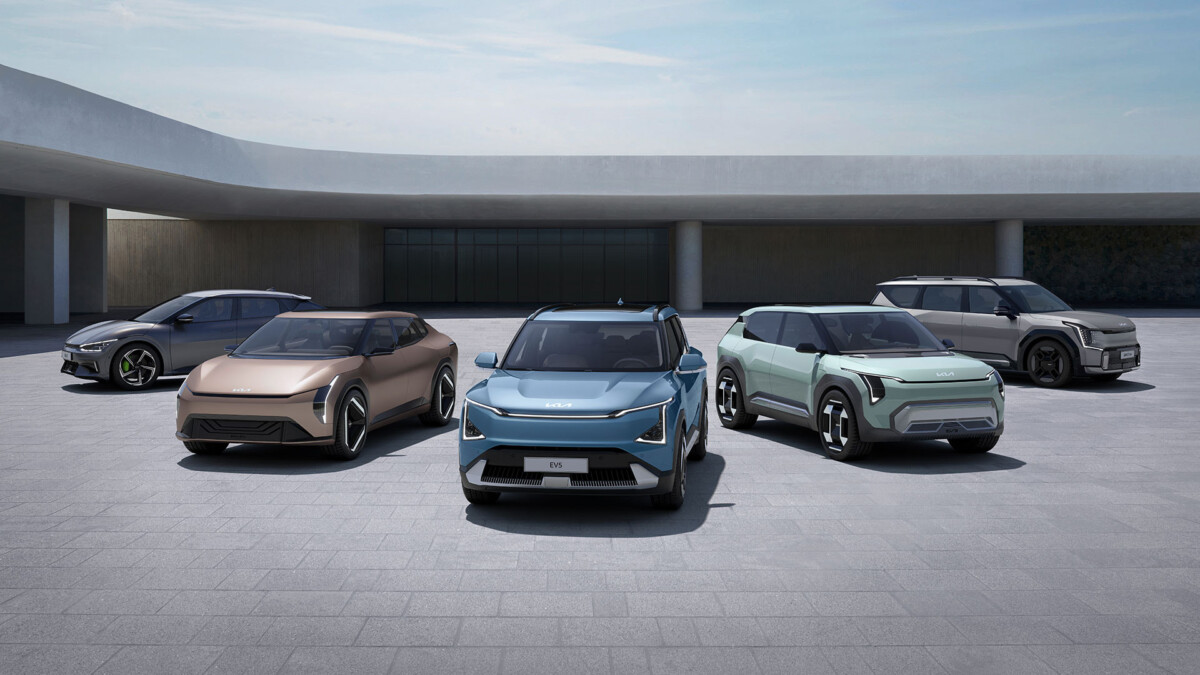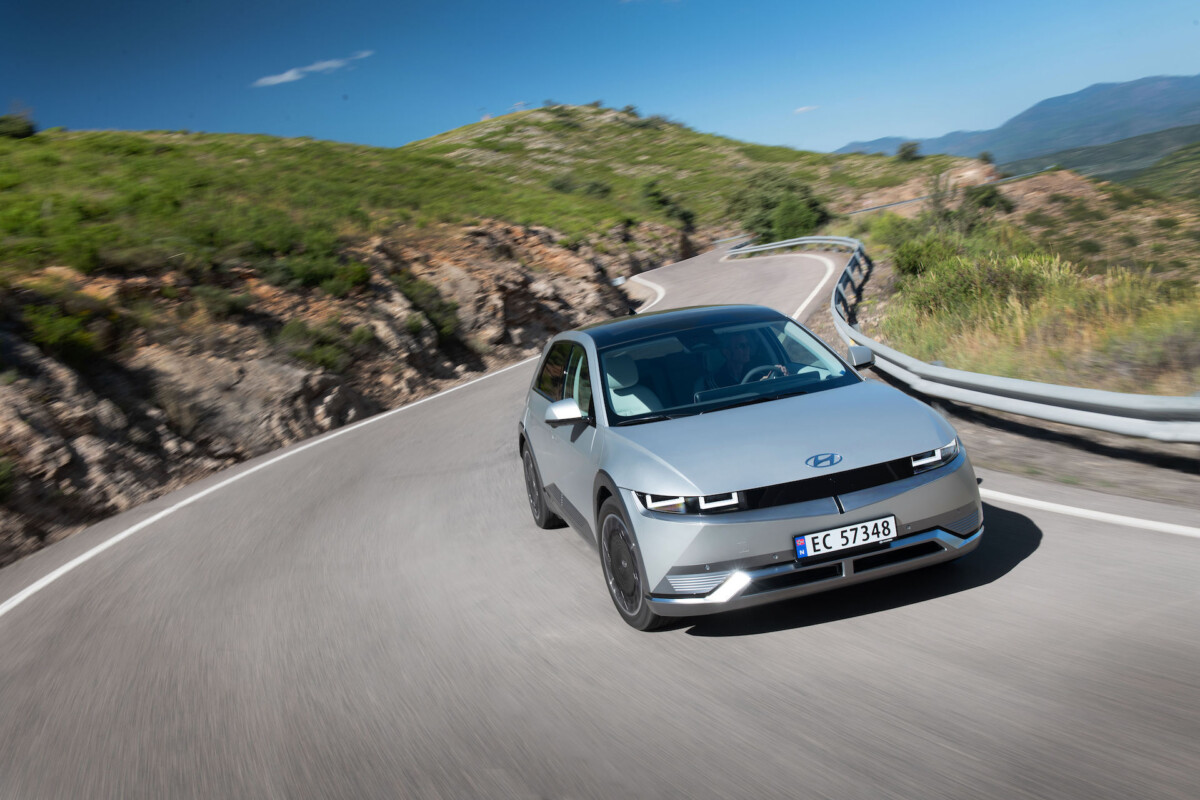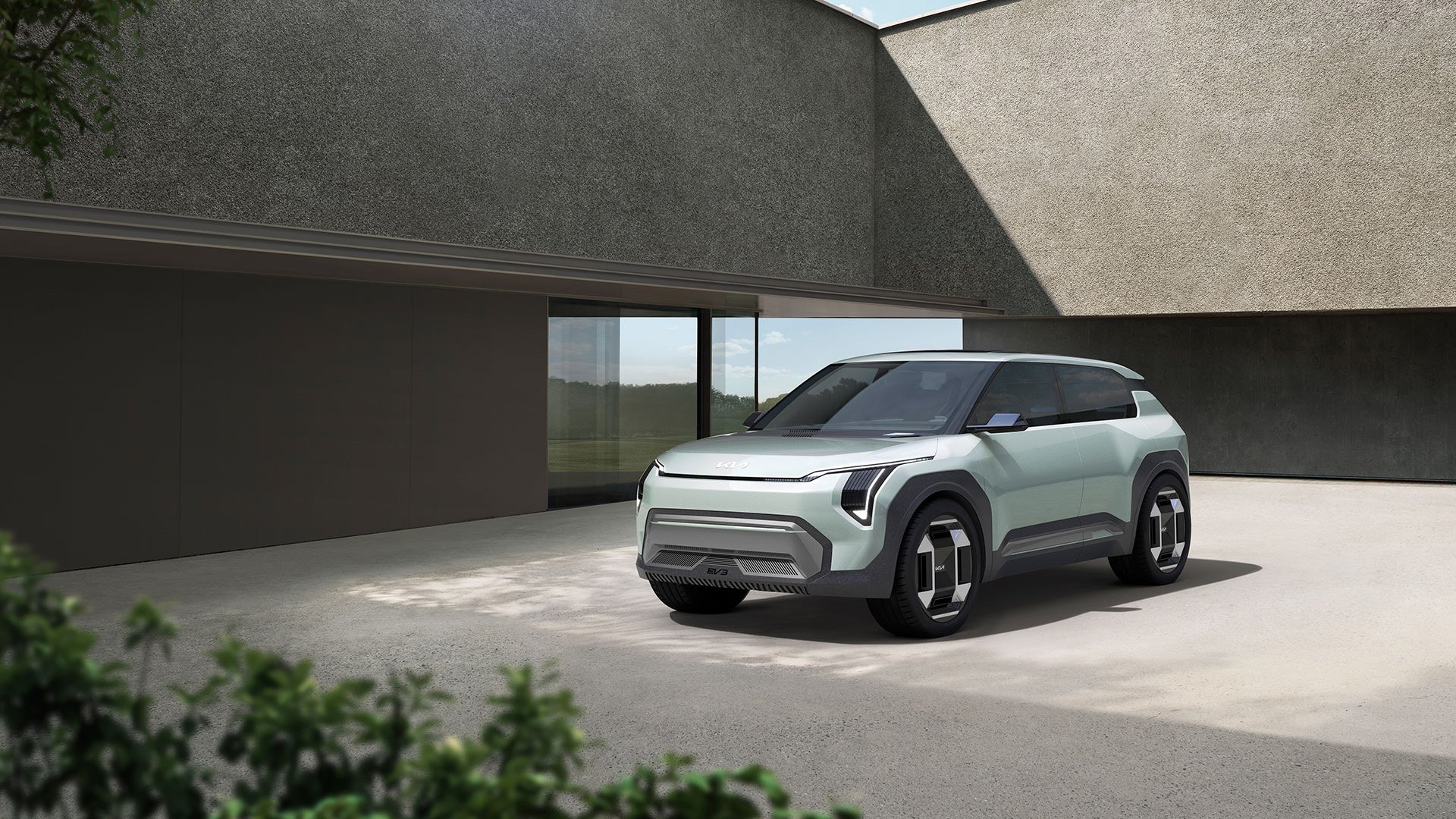The Korean group Hyundai (Kia) is currently working on the development of its own cobalt-free LFP batteries. The goal ? Reduce production costs in order to offer more affordable electric cars, but also to depend less on China.
Like all manufacturers, Kia and Hyundai will have to accelerate electrification in the coming years. And to tell the truth, this is not really a problem, since the two manufacturers, which are part of the same group, already have a well-rounded range in their respective catalogs. We of course think of the Ioniq 6 as well as the Kia EV6, not to mention the new Kona Electric that we were recently able to test.
New batteries
As for Kia, several new models are also in preparation, including the small EV2. The latter takes the form of a city car which will be located below 30,000 euros, in order to compete with the Volkswagen ID.2 and the Citroën ë-C3, among others. In short, the two Korean brands are preparing a major electric offensive, with Tesla in their sights, even if the American manufacturer still remains very far ahead since it dominates the market.
But to offer cars at low prices, you still have to succeed in reduce production costs, so as not to have to cut back too much on the margin. Certainly, the fall in the price of lithium should strongly help brands to launch more affordable models, while this fall is expected to continue. But other levers can also be activated. And the Hyundai group has understood this well, as explained in an article published by the Korean site The Korea Herald.

According to the media, the manufacturer plans to produce its own LFP (lithium – iron – phosphate) batteries over the next few months. For this, he will not be alone in this project, since he has already established partnerships with battery manufacturers earlier in the year. These are expected to take shape by the end of 2024, but details have not yet been revealed at this time.
In any case, the Korean group wants to actively invest in the development of these batteries, which will then be installed in compact cars from Kia and Hyundai. The first copies should see the light of day by 2025, without any other information being given. Will these packs equip the future EV2? For the moment, the mystery remains, but it would be very likely.
Take advantage of the bonus?
The Asian group wishes to collaborate with several Korean companies, small and large, as a spokesperson explains. It could be LG Energy Solution, Samsung SDI or even SK On, while nothing seems to have been signed yet. What we do know, however, is that Hyundai wants to focus on LFP batteries and not NMC (nickel – manganese – phosphate).
Indeed, this technology is significantly less expensive, which explains why it is chosen by Stellantis as well as Ford to reduce the price of their electric cars. In return, it offers lower energy density. Which means that the battery must be larger and heavier to display the same capacity (in kWh) as an NMC pack.

This is why the company’s objective is toachieve a density of 300 Wh/kg for its LFP batteries, which corresponds to the value of NMC chemistry. But that’s not all, because the Hyundai group would also be very interested in developing its own solid-state batteries. This technology offers even greater density and, above all, is significantly cheaper to produce than traditional packs.
By designing its accumulators itself, the Korean group hopes reduce its dependence on China. This would also allow it to ensure that its electric cars remain eligible for the ecological bonus next year, since the French government wants to tighten the conditions of access by banning Chinese electric cars.
